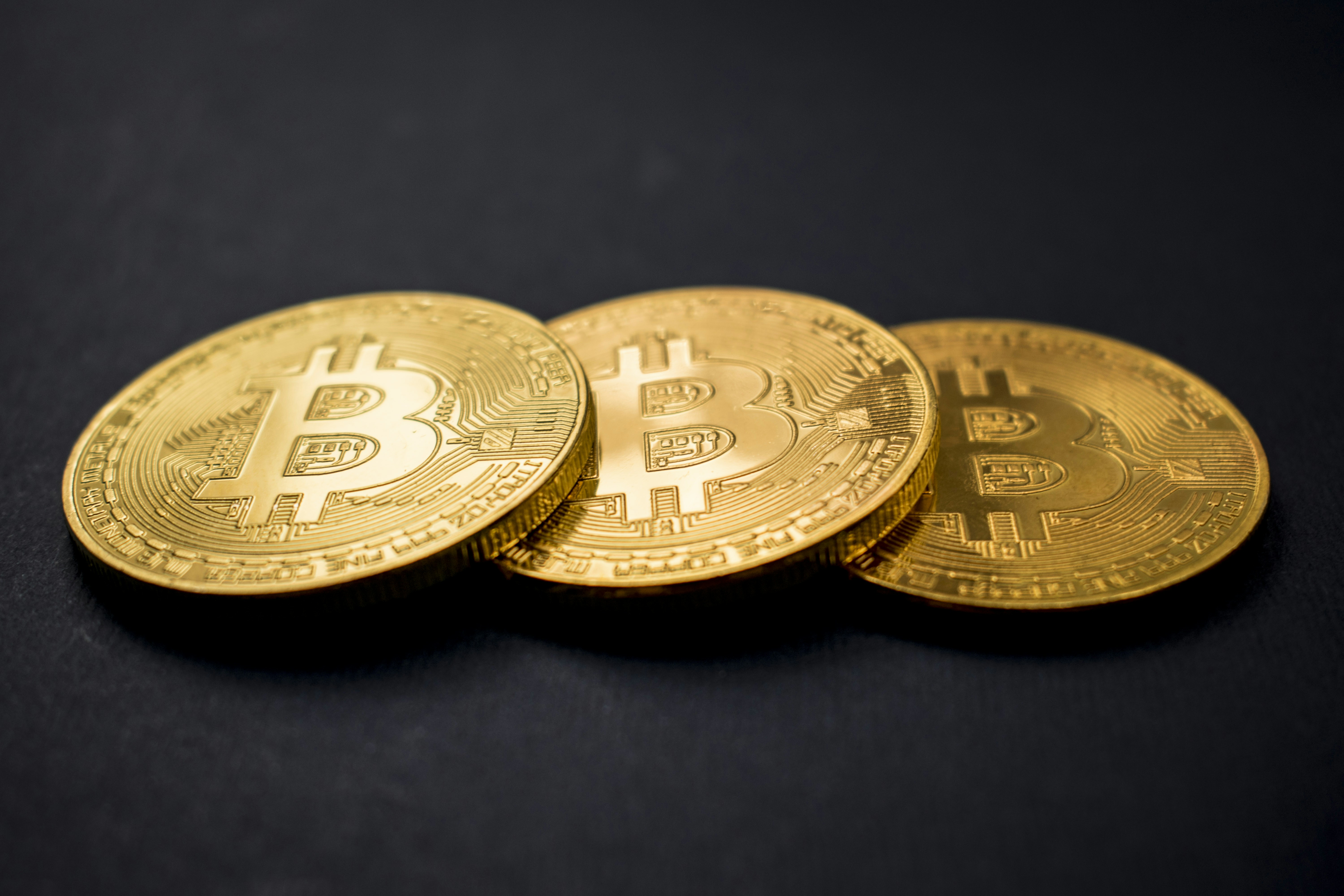Millennials have never been the generation to follow the trend when it comes to pretty much anything passed down to them from previous generations. They are often touted as the avocado loving, coffee drinking generation who have struggled to get a foot on the property ladder.
One thing they don’t struggle with, however, is knowing where to invest their hard-earned money. More than ever, millennials are flocking to Bitcoin to invest over traditional stocks and equity funds. Despite older generations still investing in more traditional methods, millennials prefer to invest in Bitcoin and tech directly. But why is this?
Investing in Bitcoin
Bitcoin is a cryptocurrency that was created in 2009 by a largely unknown person. Bitcoin is traded directly online meaning there is no middle man. Bitcoin can be used to by-products or services online and is currently reaching all-time highs in 2020.
Like with all other investments, it is inadvisable to invest in anything you are unfamiliar with. Cryptocurrency 101 can help you learn what you need to know before you invest in Bitcoin or other cryptocurrencies.
Why Do Millenials Love Bitcoin?
Millennials have a deep distrust of banking institutions. As such, the appeal of Bitcoin is largely down to the fact that Bitcoin can be bought and traded directly removing the need to involve banks or other intermediaries. Bitcoin puts the power directly in the hands of the buyer, meaning the millennials that choose to invest in Bitcoin control all of their purchases and exactly how they choose to spend or trade their stock as such.
Millennials and Technology
Once thought of as a passing trend, the popularity of Bitcoin has transcended from a nerdy online wallet to the preferred method of investing for millennials with 73% of millennials stating they would choose to invest in cryptocurrency if their financial advisor recommended it.
One such reason for the relationship between millennials and Bitcoin is thought to be the millennial love of technology and how they embrace new advancements and changes in all aspects of their lives not just for their finances. Blockchain has proven to be a welcome boost in cryptocurrency as the technology makes all transactions transparent, giving the user a better idea of what is happening to leave no nasty surprises.
For a generation who take care of many tasks via smartphones, being in control of their investments in cryptocurrency without having to engage with a middle man is particularly alluring. This plays on the values that millennials live by – honest transactions thanks to the incorruptible blockchain technology and lower fees for use and transferring crypto appeals all to more than using traditional banks. The added fact that transactions are also impersonal is another tick in the box and an attractive option to the generation who is used to being known via aliases and usernames in all of their online activities.
Is Cryptocurrency Future Proof?
There is the possibility that, in the future, cryptocurrency such as Bitcoin will be able to replace the need for using cash or traditional payment options. Being able to use your bitcoin wallet to pay for lunch, brunch, after-work dinners and more just as you would with other currencies is an attractive option and thanks to advancements in technology and the rise of popularity amongst millennials and younger generations, this is a distinct possibility.
What Does The Future of Investing Look Like for Millennials?
The future is digital. There is no denying the fact that our way of life is becoming defined by how we utilize advancements made in technology. Millennials were at the forefront of this and are much more adept at taking onboard new more digital trends that their older counterparts.
For the most part, this can only mean that the use of Bitcoin as a popular investment for millennials will only grow as technologies change, and the use of Blockchain technology will soon be revolutionised to allow millennials a way to create newer, better opportunities for themselves in all aspects of their lives not just for their investment alone.


